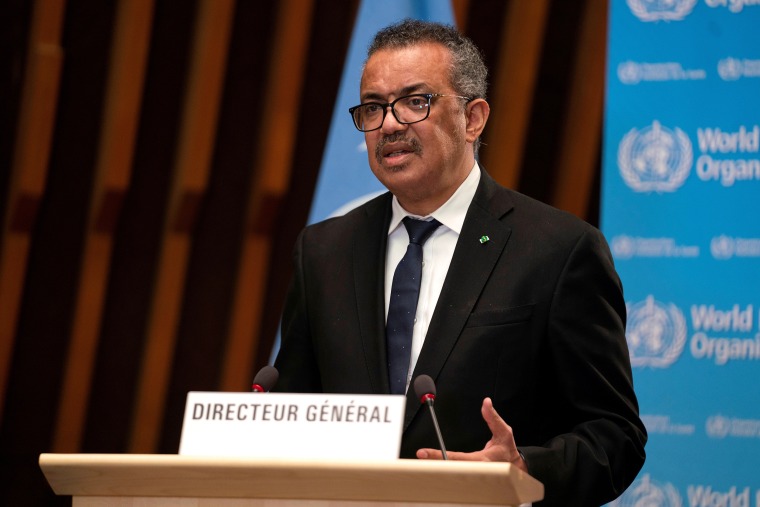Leaders of 23 countries and the World Health Organization on Tuesday backed an idea to create an international treaty that would help the world deal with future health emergencies like the coronavirus pandemic now ravaging the globe.
The idea of such a treaty, which would ensure universal and equitable access to vaccines, medicines and diagnostics for pandemics, was floated by the chairman of European Union leaders Charles Michel at a G-20 summit last November.
On Tuesday it got the formal backing of the leaders of Fiji, Portugal, Romania, Britain, Rwanda, Kenya, France, Germany, Greece, Korea, Chile, Costa Rica, Albania, South Africa, Trinidad and Tobago, the Netherlands, Tunisia, Senegal, Spain, Norway, Serbia, Indonesia, Ukraine and the WHO.
"There will be other pandemics and other major health emergencies. No single government or multilateral agency can address this threat alone," the leaders wrote in a joint opinion article in major newspapers.
"We believe that nations should work together towards a new international treaty for pandemic preparedness and response," they said.
The main goal of such a treaty would be to strengthen the world's resilience to future pandemics through better alert systems, data sharing, research and the production and distribution of vaccines, medicines, diagnostics and personal protective equipment, they said.
The treaty would also state that the health of humans, animals and the planet are all connected and should lead to shared responsibility, transparency and cooperation globally.
"We are convinced that it is our responsibility, as leaders of nations and international institutions, to ensure that the world learns the lessons of the COVID-19 pandemic," the leaders wrote.
The United States and China have reacted positively to the idea, WHO Director-General Tedros Adhanom Ghebreyesus said on Tuesday.

The WHO chief said that discussions to date had been more on an "opt-in" basis, although regional representatives had been invited.
"When the discussion on the pandemic starts, all member states will be represented," he said.
"From the discussions we had, during member states' sessions, the comment from member states, including the U.S. and China, was actually positive and we hope future engagement will bring (in) all countries."
